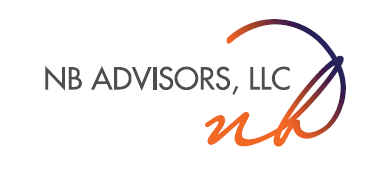Tax tips for small business owners.
Businesses of all sizes should always be looking for ways to offset the costs of running the business, and small businesses can really benefit from the boost those deductions make to the bottom line. Not taking advantage of them really is neglecting your company’s earning potential, and even though it’s coming close to year end, there are still some advantages you can put in place before December 31.
5 tax deductions to help make sure your small business doesn’t overpay this year
Of course, when you’re running a small business, it’s next to impossible to find the time to research all the possible ways to decrease your tax burden. While it’s always recommended that you consult with a professional, the earlier your eyes are open, the more likely you are to fully exploit the deductions available for small business owners.
- Retirement savings plans. When you make contributions to your own retirement plan, or to your employees’, it can qualify as a tax deduction. Better yet, if you’re just starting a retirement plan for your employees, the IRS offers tax credits to help offset that expense. Typically small business have until the due date of your tax return the following year to make contributions that qualify; however, it depends on the type of retirement plan. For some the end of the year is the cut-off date.
- Spreading gains. When selling assets, or corporate entities, some companies choose to accept payment in installations so that at least one payment is collected after the tax year during which the sale is made. This method can limit your small business’s modified adjusted gross income (MAGI) to below the minimums for the net investment income tax. Another tip is to do the same with billing cycles – wait to bill until late December when possible.
- Hire your dependents. If have children looking to join the family business, the IRS allows business owners to pay a reduced marginal rate, or completely avoid paying taxes on the funds used for their children’s income.
- Healthcare savings deductions. Health savings accounts offer excellent protection from devastating healthcare emergencies – they can also save you money! Your contributions to employees’ and your own accounts aren’t taxed, there’s no tax on the interest, and anything spent from a health savings account qualifies as a medical expense.
- Upgrade. Buying new equipment can sting. Fortunately, the IRS allows up to a $500,000 tax deduction to help take the bite out of purchasing new or used gear. Qualifying small businesses must purchase (or finance) the equipment, and put it into use before December 31.
Your guide through the tax jungle
With the proper understanding and course of action, your small business can make its tax responsibility lean and clean. But the tax code is complicated, so it’s wise to have the right team of advisors by your side. No Boundaries’ Bi-annual Tax Planning services are just one way to ensure your small business it maximizing its savings and always planning for what’s next. Contact us for more details today.



